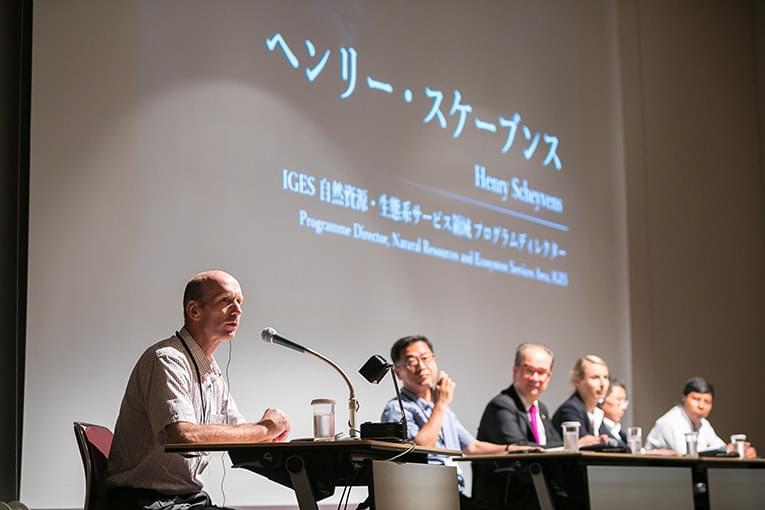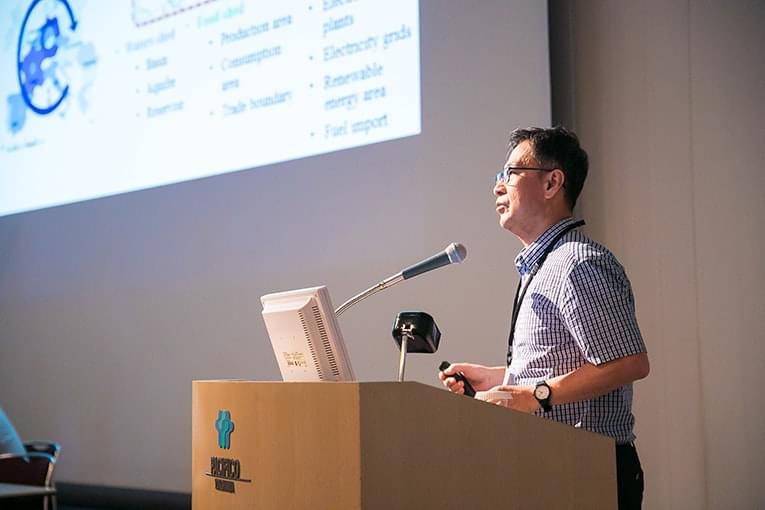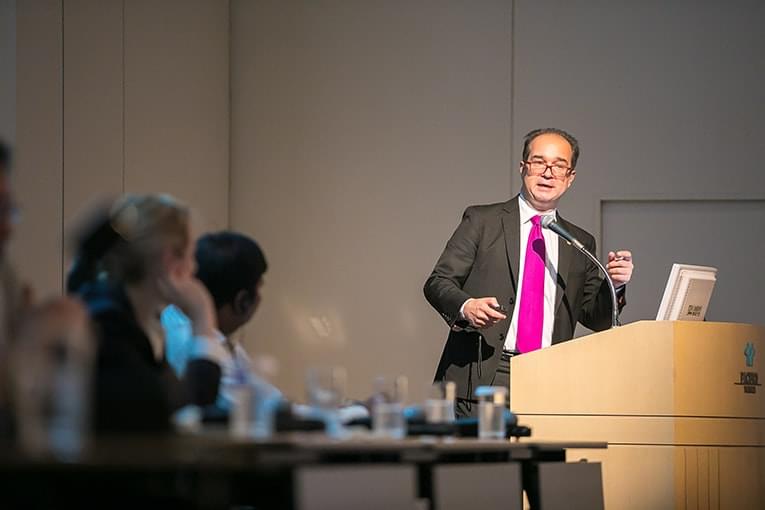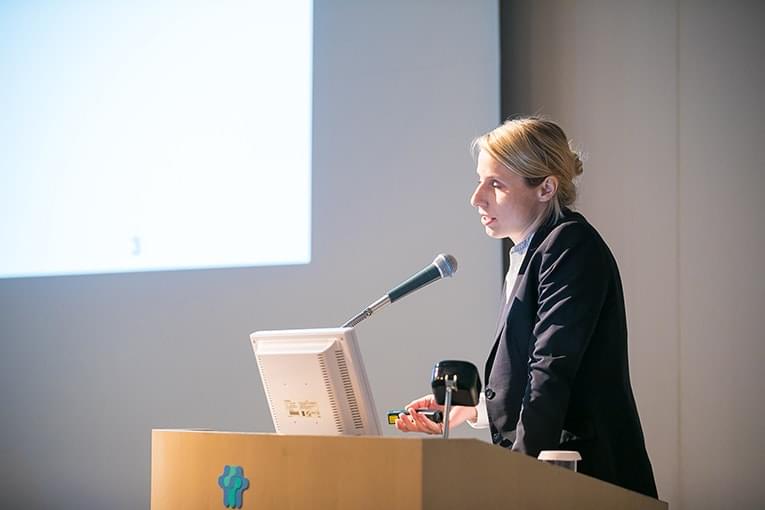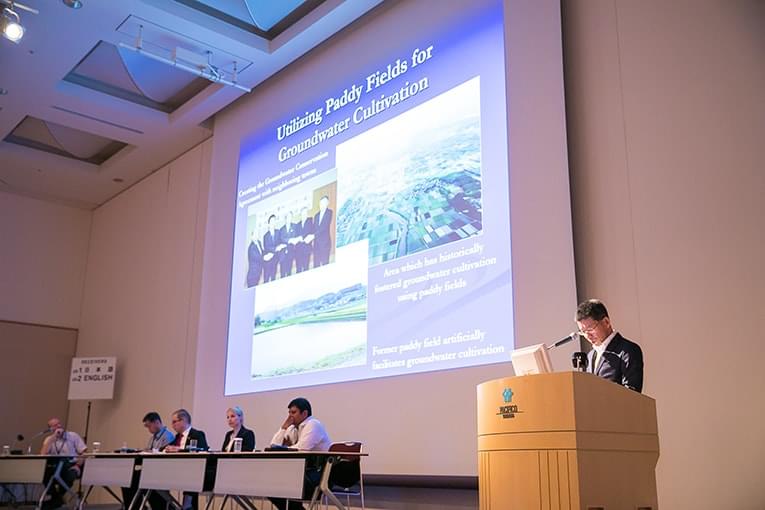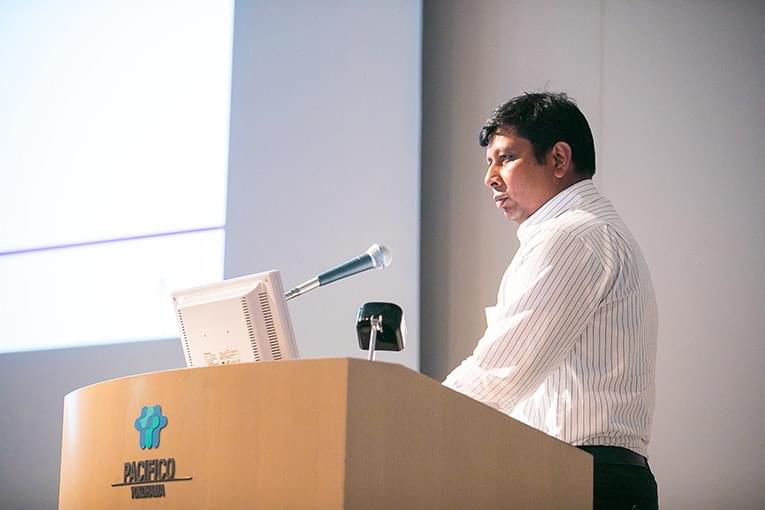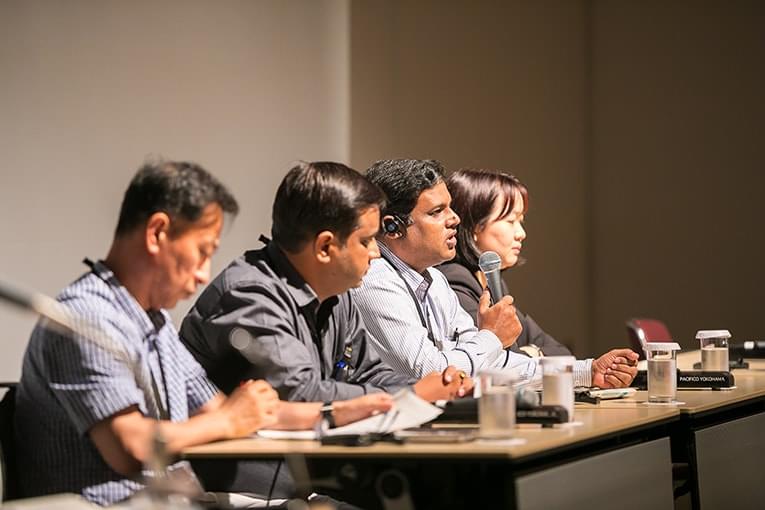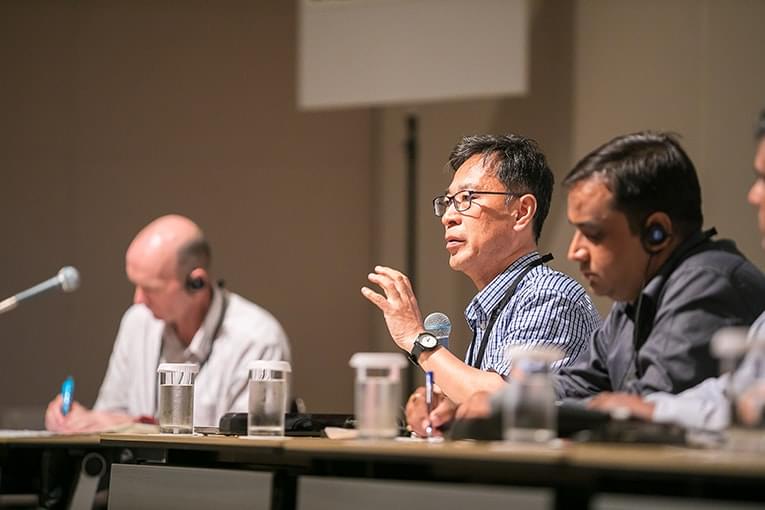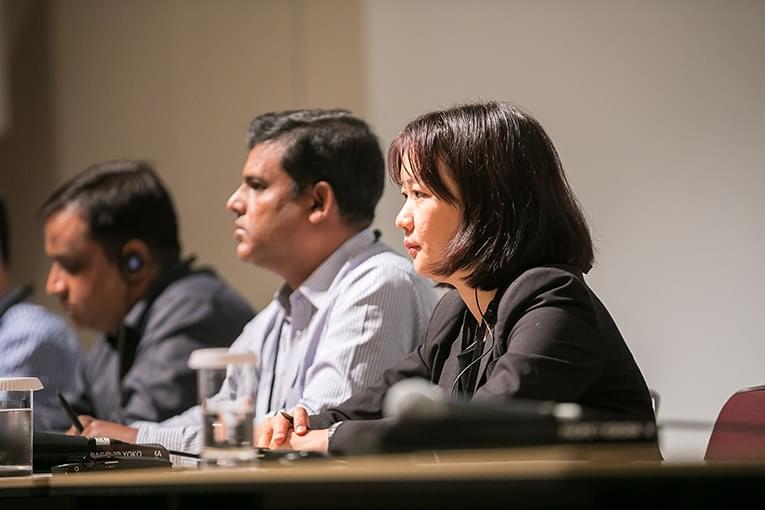Supported by: Asia Pacific Network for Global Change Research (APN)
Achieving sustainable development requires maintaining the security of critical natural resources, including water, energy and food, while noting the strong interlinkages among these three elements. Up until recently, water, energy and food security had been discussed independently of each other, with their interactions often overlooked in policy and decision-making, effectively compounding challenges instead of solving them. Moving forward, it is essential to respond to growing resource pressures by addressing water, energy and food issues together. Since the Bonn 2011 Nexus Conference, the Water, Energy and Food Nexus (WEFN) approach has been extensively discussed at international, regional and national forums, and proposed as a useful tool for carrying out sustainable resource management. The WEFN approach also seeks to identify and foster mutually beneficial actions or synergies, and in so doing provides a coherent and transparent framework for managing trade-offs without compromising sustainability by exceeding environmental boundaries. However, moving beyond the nexus approach as a concept towards operationalisation has proven to be challenging, partly due to WEFN’s multi-dimensional interlinkages.
This session will invite speakers from representative governments, development agencies and research institutes, extending a platform to exchange views on issues, challenges and opportunities for delivering effective solutions by using the nexus approach. An Issue Brief and IGES Flagship Report will be used as background documents for discussion in the session.
Deputy Director-General, Research Institute for Humanity and Nature (RIHN)
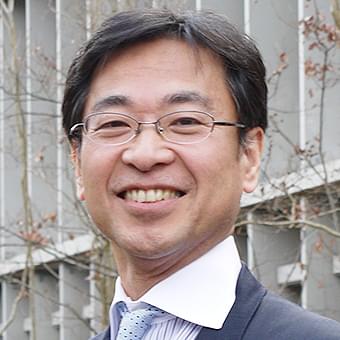
Makoto Taniguchi
Deputy Director-General, Research Institute for Humanity and Nature (RIHN)
Makoto Taniguchi is a hydrogeologist and a deputy director-general at the Research Institute for Humanity and Nature (RIHN), Japan. He is currently the Vice President of International Association of Hydrogeologists, the president of the Japanese Association of Groundwater Hydrology. He is also a member of Science Committee of Future Earth Nexus KAN. He has worked on groundwater projects around world in particular Asia, authoring or co-authoring over 120 articles and 8 books including “Groundwater and Subsurface Environment in Asia (Springer)”
Director, Environment and Development Division, United Nations Economic and Social Commission for Asia and the Pacific (UNESCAP)
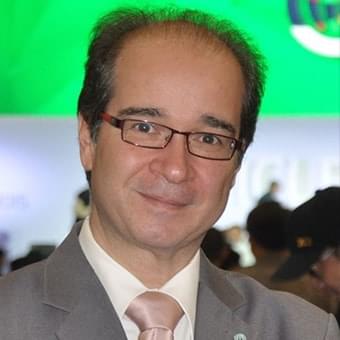
Stefanos Fotiou
Director, Environment and Development Division, United Nations Economic and Social Commission for Asia and the Pacific (UNESCAP)
Stefanos Fotiou is an expert on environmental management and sustainable development and currently serving in the United Nations ESCAP as the Director of the "Environment and Development" Division. Under his portfolio he is planning, coordinating and managing the work of UN-ESCAP on natural resources management, urbanization, climate change, and the 2030 Agenda on Sustainable Development. Prior to this assignment Stefanos worked for 10 years in the United Nations Environment Programme (UNEP) under various roles and including substantive and managerial work in the areas of resource efficiency, cities’ resilience, sustainable consumption and production, green economy etc.
Stefanos has taken leading roles in international forums and initiatives and his individual and joint works have been widely published. A Greek national he holds a Ph.D. in Natural Resource Economics, a Master of Science in Information Systems, and a Master in Forestry and Natural Environment.
Research Fellow, Wuppertal Institute for Climate, Environment and Energy for Climate, Environment and Energy

Julia Terrapon-Pfaff
Research Fellow, Wuppertal Institute for Climate, Environment and Energy
Julia Terrapon-Pfaff is a research fellow at the Wuppertal Institute, where she works in and coordinates national and international research projects. She graduated from the University of Trier in 2008, where she studied geography, strategic management and public law. In her doctoral thesis she focused on the process of strategic decision-making in the energy sector from a multi-objective perspective. Her primary research areas are renewable energy solutions for developing and emerging countries. She has expertise in the fields of impact evaluations and decision analysis and experience in working with international partners and local stakeholders in Asia as well as North- and East Africa.
Senior Policy Researcher, Natural Resources and Ecosystem Services Area, IGES
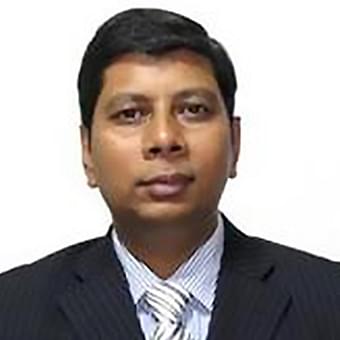
Bijon Kumer Mitra
Senior Policy Researcher, Natural Resources and Ecosystem Services Area, IGES
Bijon Kumer Mitra is a Senior Water Resource Specialist of the Institute for Global Environmental (IGES). He worked with the Taisei Technology Research Centre, Japan as a Research Engineer till November 2009, and responsible for managing and conducting research works on remediation of contaminated soil and water. He has more than ten years of experience in the field of water resource management. His current research interests include water-energy-food-climate nexus, rural-urban linkage, climate change adaptation in water, water environment management. He uses quantitative assessment framework to assess resource allocation trade-offs, aiming to provide guidance for optimal decision making. He holds a Ph.D. degree in Science of Biotic Environment from Iwate University, Japan.
Director, Water Conservation Section, Kumamoto City
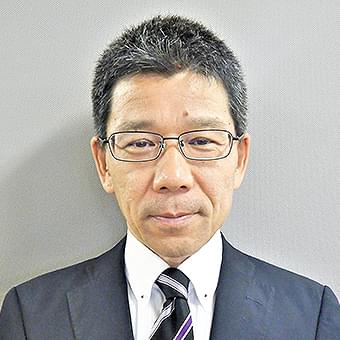
Tsutomu Nagata
Director, Water Conservation Section, Kumamoto City
Tsutomu Nagata started to work for Kumamoto City Hall in 1990. He is in charge of long-term potable groundwater quality preservation and water conversation policy. His focus is especially placed on making policies to resolve the recent problem of nitrate nitrogen pollution in water supplies. He was Deputy Director in 2015, and was promoted to Director in April 2016.
Assistant Professor, Department of Environmental Science, Central University of Rajasthan
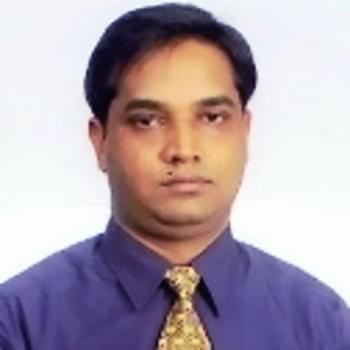
Devesh Sharma
Assistant Professor, Department of Environmental Science, Central University of Rajasthan
Devesh Sharma is currently working as faculty in the Department of Environmental Science at Central University of Rajasthan, India. He has over 15 years of experience and specialises in Integrated Water Resources Management and Climate Change. He has wide experience of various sponsored research projects at national and international level including IGES (Japan); AIT (Thailand); SMHI (Sweden); APN (Japan); Thuyloi University (Vietnam); UNU (Japan). He has over 30 publications in international refereed journals, book chapters and conference proceedings. His research areas are Climate Change and Water Resources, Watershed Management, Integrated Water Resources Management, Modeling of Water Resources Systems, Geospatial Applications, water-energy-food nexus.
Professor, Institute of Water and Flood Management (IWFM) of Bangladesh University of Engineering and Technology (BUET)
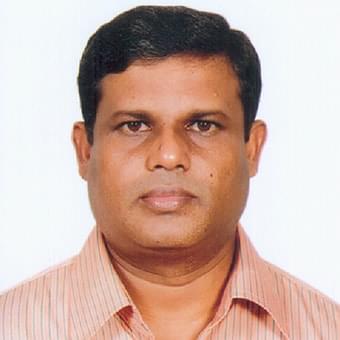
Tarekul Islam
Professor, Institute of Water and Flood Management (IWFM) of Bangladesh University of Engineering and Technology (BUET)
G M Tarekul Islam is a Professor at the Institute of Water and Flood Management (IWFM) of Bangladesh University of Engineering and Technology (BUET). He graduated in Civil Engineering in 1994 and did his Masters in Water Resources Engineering in 1996 from BUET.
He joined IWFM as a Lecturer in 1996 and became Professor in 2010. He received Monbusho Scholarship from the Government of Japan to pursue Ph.D. at the Department of Civil Engineering of the University of Tokyo, Japan during 1997-2000. He has been involved in many research projects in diverse fields of water resources engineering and management.
He was awarded by the University Grants Commission (UGC) of Bangladesh as the best researcher in Engineering and Technology category in 2003. He has imparted numerous talks on various issues of water and flood management as invited speaker in home and abroad. He has published over 90 papers in international journals and conference proceedings.
Lecturer, Ha Noi University of Natural Resources and Environment
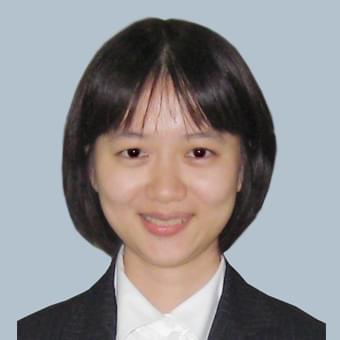
Pham Thi Mai Thao
Lecturer, Ha Noi University of Natural Resources and Environment
Pham Thi Mai Thao is a lecturer in Ha Noi university of Natural Resources and Environment, Vietnam. She got Ph.D.. in Environmental Engineering from the University of Tokyo in Japan.
The courses she offers are environmental management, renewable energy, green growth, sustainability science, climate change. The interested research fields are renewable energy and energy efficiency, environmental and impact assessment, risk assessment, natural resource management, biological diversity protection, waste treatment technologies, sustainable development, green growth/economy.
Programme Director, Natural Resources and Ecosystem Services Area, IGES
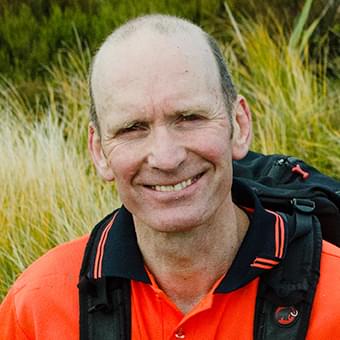
Moderator
Henry Scheyvens
Programme Director, Natural Resources and Ecosystem Services Area, IGES
Henry Scheyvens holds a Ph.D. in Political Science from Monash University and a M.Phil in Development Studies from Massey University. He has taught at several universities in New Zealand, Australia and Japan. He joined IGES in 2004, where he now serves as the Area Leader of the Natural Resources and Ecosystems Services Area. His research interests centre around poverty, livelihoods and rights issues. In the past few years, his research has focused on timber legality and sustainability, participatory forest mapping and monitoring, REDD+ readiness, and inclusive financial services.
